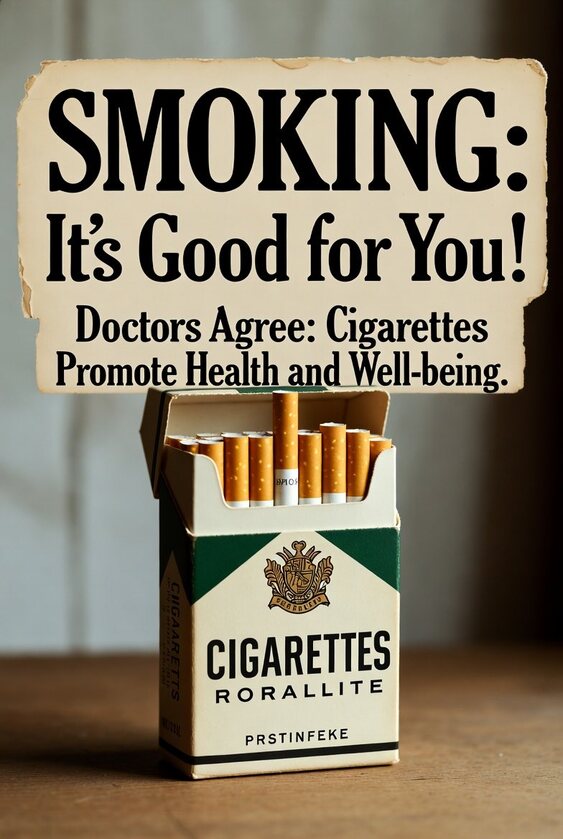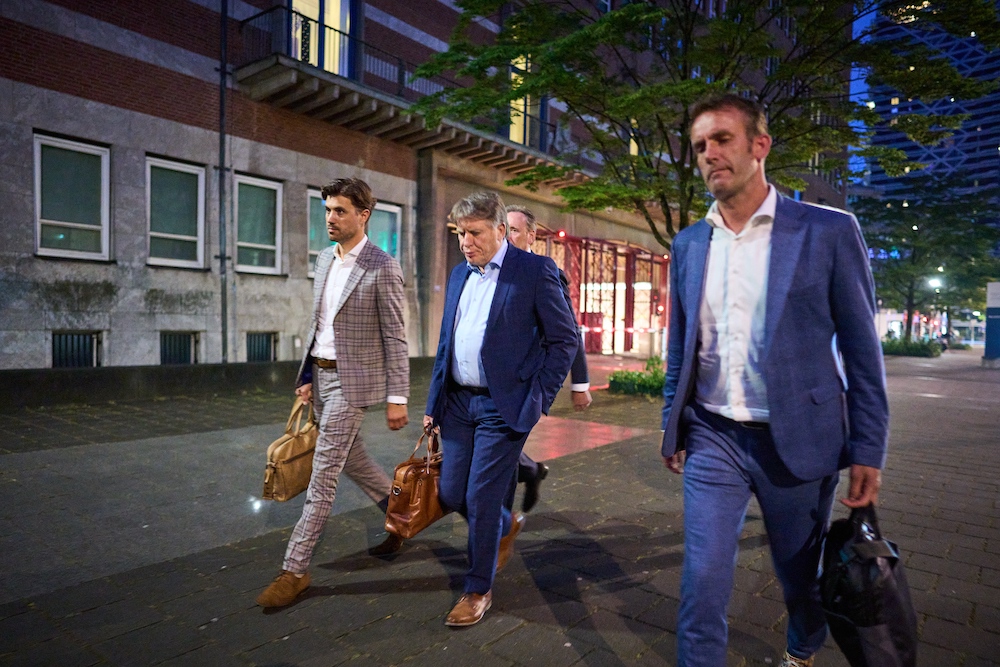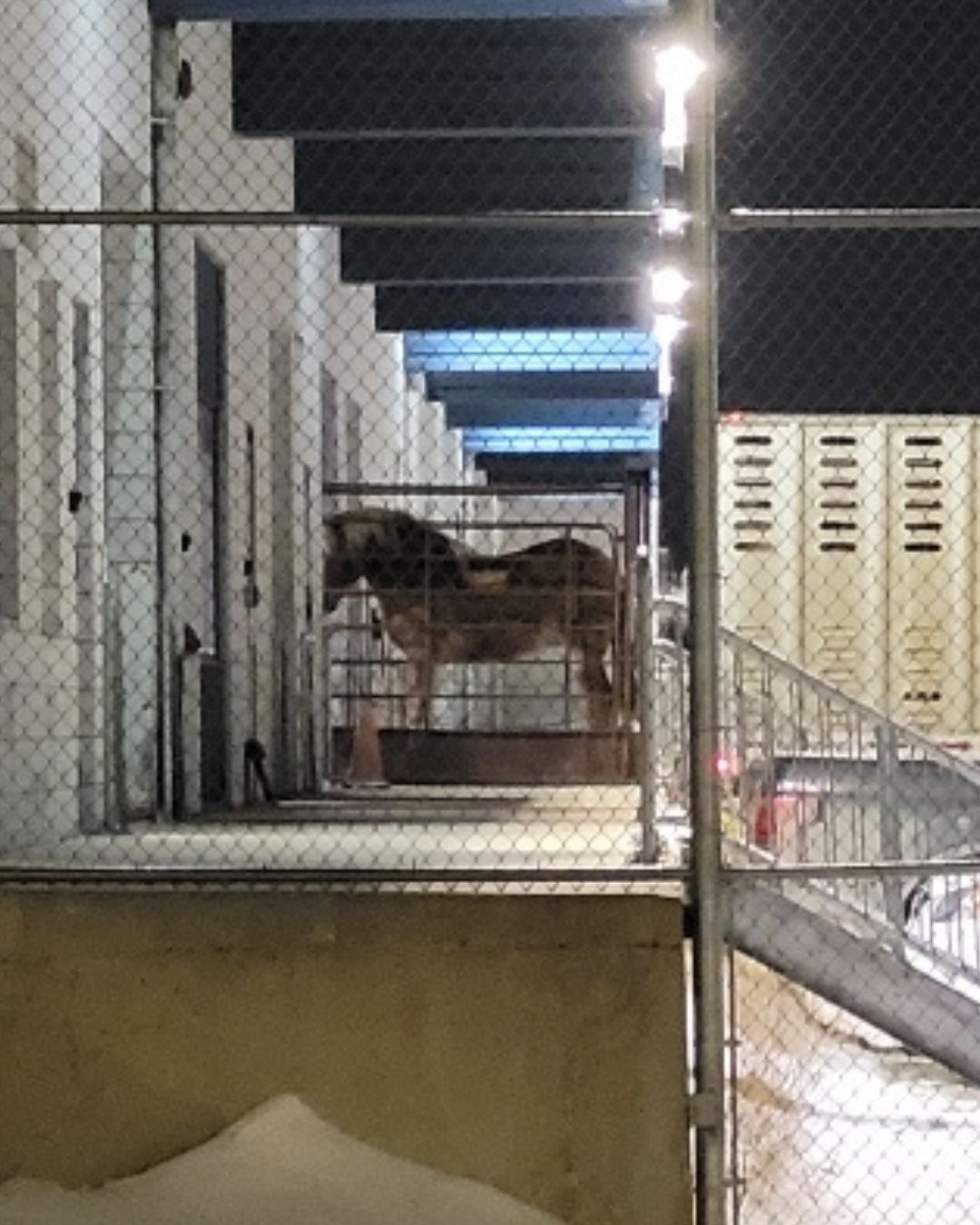Email today to buy or store your DASEIN System 6 can carton today.
[email protected]
The biggest Dutch farmers association LTO has walked out of talks on reforming the farm system, saying that trust in finding a solution was still lacking.
LTO chairman Sjaak van der Tak told reporters outside the agricultural ministry that the decision to leave the negotiations had been a “difficult one”.
“We were bogged down in ‘intentions’ and farmers cannot live on intentions,” Van der Tak said.
Farm minister Piet Adema said he was extremely disappointed that the LTO had pulled out. The agreement is for 95% completed but the LTO did not dare to take the final step, he told reporters.
Talks will continue with other interest groups, such as supermarkets and environmental groups, on Wednesday, he said. Young farmers association NAJK also left the talks after the LTO.
Concessions
Earlier on Tuesday broadcaster NOS reported that the cabinet was prepared to give farmers more leeway in deciding how they should meet targets on supporting vulnerable nature. Ministers were also prepared to ensure farmers received a minimum price for their products so their income would not be affected.
In return, all farm products in the Netherlands would have to reach sustainability standards by 2035, the broadcaster said.
Government officials, farming lobby groups, and other organisations have been talking for the last 18 months to try to make farming more environment-friendly while ensuring farmers can continue to earn a decent wage.
One of the stumbling blocks is farmer demands for more money for nature management. Farmers are also mistrustful of finance minister Sigrid Kaag, whose party (D66) wants to stick to current agreements on reducing nitrogen-based pollution by 2030.
In addition, there remain wide divisions on crucial issues such as how to deal with manure and pesticides.
Farmers in particular have been buoyed by the big wins for pro-farmers party BBB in the recent provincial elections and have said the government’s strategy to cut nitrogen emissions needs a major rethink.
‘If that does not happen, there will be no agriculture agreement,’ Van der Tak told the Telegraaf earlier.
https://www.dutchnews.nl/2023/06/farmers-pull-out-of-farm-reform-talks-citing-lack-of-trust/
Basashi is the term for horse sashimi. The overwhelming majority of sashimi is fish.
ANOTHER SHIPMENT 💔🐴 At 4:05 AM, another export flight of horses left the Winnipeg airport & is now en route to Japan for slaughter. With the windchill, it was -30°C, yet horses were left in crates on the tarmac for hours. Canada must END this now! #CdnPoli
📷 @mbanimalsave
My battery is low and it's getting dark." These haunting words, sent from 225 million miles across the void, became the poignant farewell of NASA's Opportunity rover—affectionately known as Oppy—before it fell silent forever. Launched in 2003 and landing on Mars on January 25, 2004, Opportunity was designed for a modest 90-day (90-sol) mission to search for signs of ancient water. Instead, this plucky little solar-powered explorer defied every expectation, outlasting its warranty by a staggering factor of 55, roaming the Red Planet for nearly 15 Earth years (5,498 days / 5,352 sols). It traversed over 45 kilometers (28 miles), survived brutal dust storms, climbed crater rims, and delivered groundbreaking discoveries: definitive evidence of past liquid water, minerals formed in water, and hints that parts of ancient Mars could have supported microbial life.But in June 2018, a massive planet-encircling dust storm engulfed Mars, blocking sunlight for months and starving Oppy's solar ...

RFK Jr: Food is affecting everything that we do...if a foreign enemy or adversary did this to our country, poisoned us at mass scale, we'd consider it an act of war...
https://x.com/i/status/2023117209036312732

















